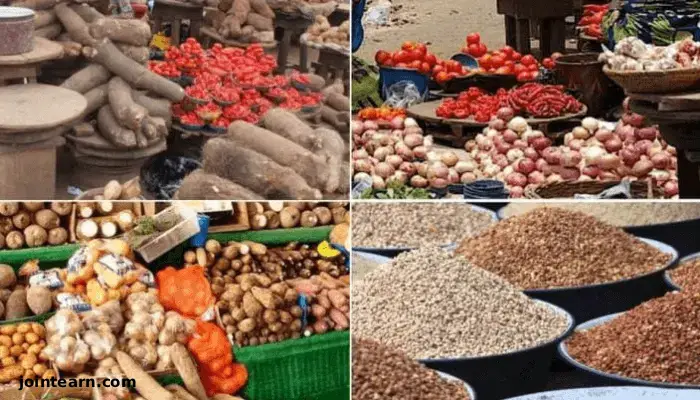
The great Indian leader and liberator once warned, “Fix food first and fast,” before he was assassinated in 1948—a time when his country, now divided into multiple nations, suffered from food scarcity worse than Nigeria experiences today.
Millions in Nigeria are so hungry that for them, God can only appear as a loaf of bread or a bowl of rice. In 1948, Nigeria was a net exporter of food, despite 99% illiteracy. Today, we graduate over 120,000 students annually, yet we cannot feed ourselves. India, in contrast, has transformed from a food-deficit nation into a food exporter. One reason: educated Indians and their leaders applied intelligence to practical solutions, while Nigerians, distracted by oil wealth, have largely not.
As Chef José Andrés, founder of World Central Kitchen, puts it:
“Food is national security, food is economy; it is employment, energy, history. Food is everything.”
My own lesson in food security began during Buhari’s first military rule (1984-85). Lagos businesses like Guinness and Nestlé were forced to confront farming to produce raw materials for their operations. This experience, combined with personal responsibility after my eldest brother’s death, taught me that Nigeria’s food future depends on educated youth willing to work on or near the farm.
A 1983 conference in India introduced me to urban farming, which seemed unnecessary then but is vital today. Modern urban farmers produce more food than ever—balconies, rooftops, and flower beds now grow vegetables, grains, and sunflowers, demonstrating that space is no longer a limiting factor.
So why aren’t Nigerians doing the same? Pride, collective inertia, and habits that favor convenience over self-reliance. I once grew vegetables and native chickens in a friend’s backyard in Kano; initially mocked, we soon harvested enough to feed ourselves and others. Yet many with available land still refuse to farm, waiting instead for government action. Rural farmers face insecurity and banditry, yet urban residents with land remain passive, ignoring the reality that self-reliance is the only sustainable solution.
What can governments do?
- Lead by example.
- Support and incentivize urban farming initiatives.
- Implement a structured plan ensuring that every state, local government, and ward feels the impact within six months, gradually scaling to over one million urban farmers.
Even at 80+, I believe Nigeria can reach a promised land of sustainable food security. But first, we must fix food, fast, and at home. The time for excuses is over; the time to plant, nurture, and harvest is now.


Leave a Reply